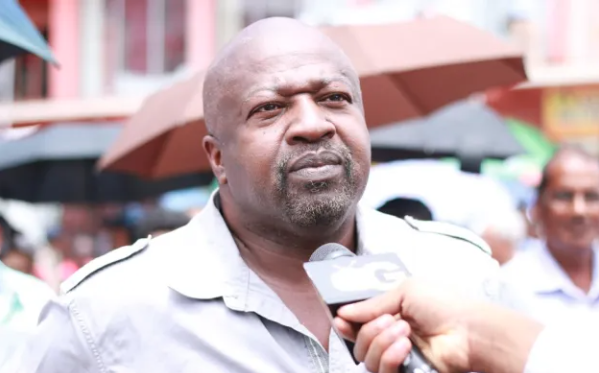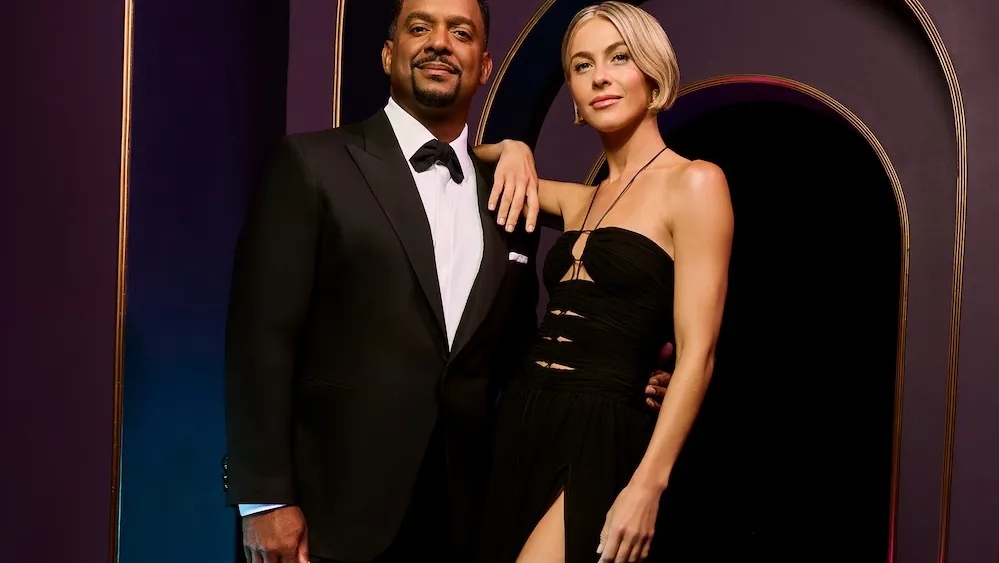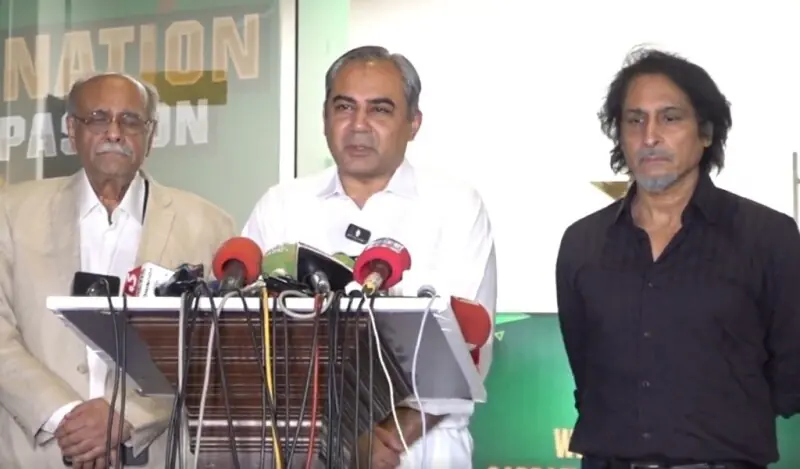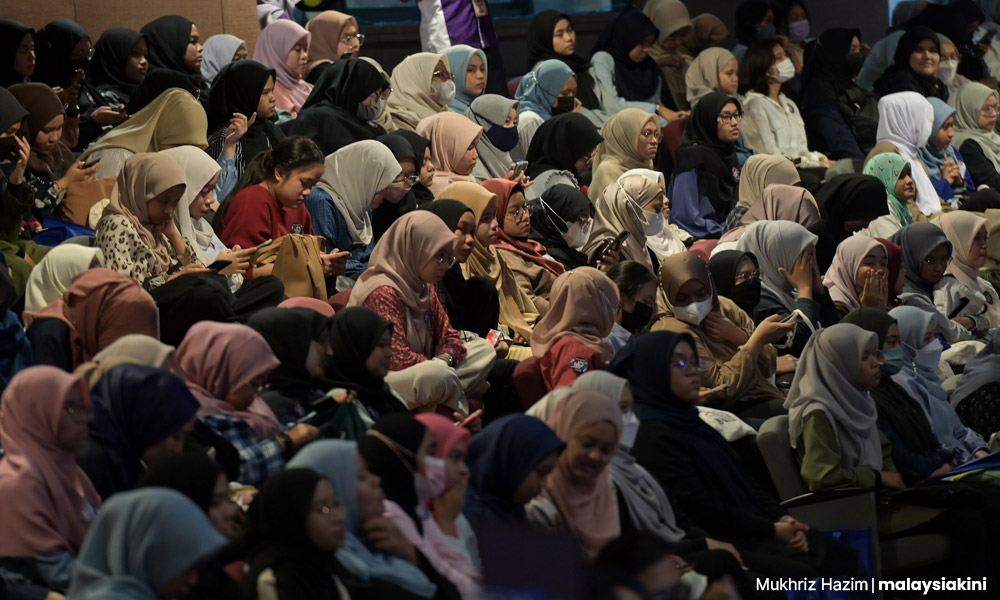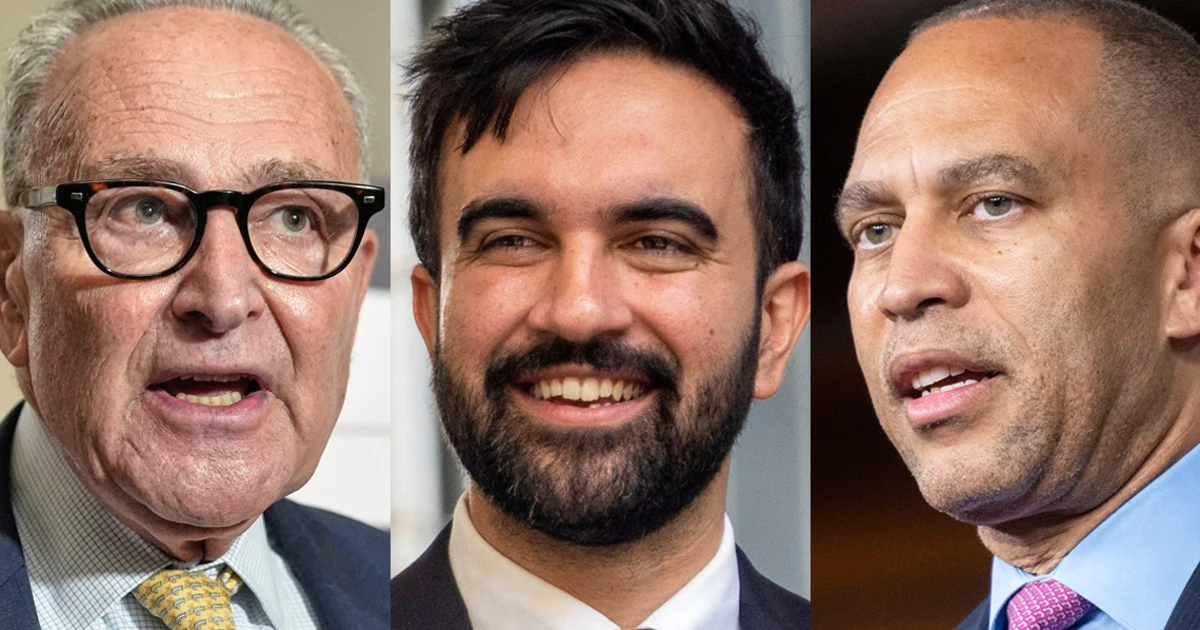
New York City Democratic mayoral nominee Zohran Mamdani scored endorsements this week from key members of the state party establishment, but he’s still waiting on two of the biggest names from his city.
This week, New York Gov. Kathy Hochul and state Assembly Speaker Carl Heastie announced their endorsements of Mamdani, giving him the backing of two of the state’s most powerful Democrats. But others, particularly congressional leaders such as Senate Minority Leader Chuck Schumer and House Minority Leader Hakeem Jeffries, are still keeping some distance.
The split screen reflects the different political cross-pressures facing those state and federal figures. It also shows how the Democratic Party’s leaders haven’t fully settled on how much to embrace the energy bubbling up among progressives in New York City and elsewhere, after Mamdani scored an upset victory in the June Democratic mayoral primary over former Gov. Andrew Cuomo, who is pressing on with a third-party bid for mayor.
“It’s clear that Mamdani’s candidacy is something that a lot more of the ‘establishment Democrats’ have had a tough time wrestling with, because it’s a movement of a lot of people that a lot of institutional Democrats didn’t see coming, and is also coming at a time when the party, both locally and nationally, is wrestling with what it looks like to move to the next generation of political leadership,” said Basil Smikle, a longtime Democratic strategist who previously served as the executive director of the New York State Democratic Party.
“Part of the calculus for Hochul and Heastie, and what I think Schumer and Jeffries are trying to get to, is to find a way to embrace the movement he’s created,” Smikle added, while also finding “a way to work with him on some of the more contentious issues that have come up with different constituencies — whether it’s his views on Israel or quality of life and policing.”
The newfound Mamdani endorsers, in part, framed their support as a sign of the party coming together. In a New York Times op-ed announcing her decision, Hochul wrote that while she’s had “frank conversations” and “disagreements” with Mamdani, she believes the Democratic mayoral nominee is focused on the key issues that matter to New York City residents.
“New York State and New York City are at our best when we stand together against those who attempt to tear us apart,” Hochul added.
As he endorsed Mamdani on Monday, Heastie cast Mamdani as an optimist promising a better direction for New York City.
“I do think this city is clamoring for something new and different,” Heastie said. “He has a romantic view of what this city can be and should be. And sometimes people want to be romanced.”
Mamdani echoed that unified outlook Monday in a conversation with reporters on a picket line in the Bronx.
“This is a time for unity. It is a time for strength, and it is a time to speak in one voice. And I am proud that when New Yorkers ask themselves what are their leaders doing, they will know that the governor and the mayor are working hand in hand to fight for the people that call this great city home,” Mamdani said.
But Mamdani does not have all of New York’s most powerful Democrats in his corner. Schumer and Jeffries, two New Yorkers who happen to be the top Democratic lawmakers in Congress, have notably and repeatedly held out, though they haven’t closed the door on endorsing Mamdani, either. Kirsten Gillibrand, New York’s other senator and the leader of Senate Democrats’ campaign arm, also has not endorsed, and she criticized Mamdani this summer over his stance on Israel and its war with Hamas in the Gaza Strip. (Gillibrand later apologized for “mischaracterizing Mamdani’s record” in an interview.)
In particular, Schumer’s and Jeffries’ holdouts have rankled some progressives. Sen. Chris Van Hollen of Maryland blasted the non-endorsements during a recent address to Iowa Democrats, leading Jeffries spokesman Justin Chermol to tell The New York Times that “confused New Yorkers are asking themselves the question: Chris Van Who?”
Sen. Bernie Sanders, I-Vt., told NBC News in an interview that the lack of an endorsement from Democratic leadership is “a little perplexing.”
“Look, it is hard for me to understand how the Democratic leadership is not supporting the candidate who won the Democratic primary, or the candidate who has gotten 50, 60,000 people volunteering for his campaign, has created enormous excitement, gotten new people to register to vote. How do you not support that candidate?” he said.
On Tuesday, Schumer told reporters that he met with Mamdani last week for a “good conversation.”
“We know each other well, and those conversations are continuing,” he added.
When asked a similar question that same day, Jeffries downplayed any potential concerns among progressives: “I haven’t had a conversation with any member of Congress who’s expressed frustration to me as it relates to the New York City mayoral race,” he told reporters.
There are some signs of rapprochement between the prominent New York Democrats.
Mamdani has met with both leaders since he won the nomination — part of a big tour he’s made speaking privately to leaders in politics, business and other communities who have expressed some skepticism about his candidacy. Last month, Jeffries downplayed the delay of an endorsement in an interview with The Bulwark, saying he didn’t know Mamdani “at all” until those post-primary meetings and adding with a smile that he wasn’t scheduled to meet with any other mayoral candidate besides Mamdani.
“It’s not like things aren’t happening,” he said, adding that he’s been focused on the “unprecedented redistricting war” that threatens the balance of power in the House. Last week, Jeffries told reporters he would have more to say about the race “in short order.”
As New Yorkers who help lead Democrats in Washington, Schumer and Jeffries also face different political pressure than other Democrats whose responsibilities end at city or state lines.
The congressional leaders are trying to plot a course for the Democratic Party’s underdog bid to retake control of Congress — one that goes through states and districts President Donald Trump won last year. And they are trying to balance the twin imperatives of harnessing energy on the party’s left flank and appealing to swing voters, as Republicans try to make Mamdani a liberal bogeyman in battleground races.
Republican groups have already used Mamdani to argue that Democrats are too liberal. One recent statement from the Senate GOP’s campaign arm referred to a candidate as the “Maine Mamdani,” and the House GOP campaign arm needled House Democratic incumbents with digital ads putting them side by side with Mamdani (and featuring images of a hammer and sickle).
Days later, Rep. Laura Gillen, a Long Island Democrat featured in one of those images, told NBC News’ “Meet the Press NOW” that “Mamdani is a threat to my constituents,” and she reiterated her stance that “socialist Mamdani is absolutely wrong for NY” on social media after Hochul’s endorsement.
For Hochul and other state Democrats, meanwhile, the calculations are different. Hochul is in the middle of her own re-election campaign, including a primary challenge, and she will face expectations to work with New York City’s mayor on important policy priorities next year.
“If you’re Kathy Hochul, where else are you gonna go? Even if you could find a way to go with Andrew Cuomo, you can’t. You certainly can’t go with Eric Adams. You either stay out or you endorse Mamdani because you really have nowhere else to go,” Smikle said.
“For Heastie and even Schumer and Jeffries, they could theoretically stay out the entire time, but again, they risk not being able to bring more people into the party at a time where they need more support,” Smikle added. “It’s not even the money; they need the energy and the votes.”
